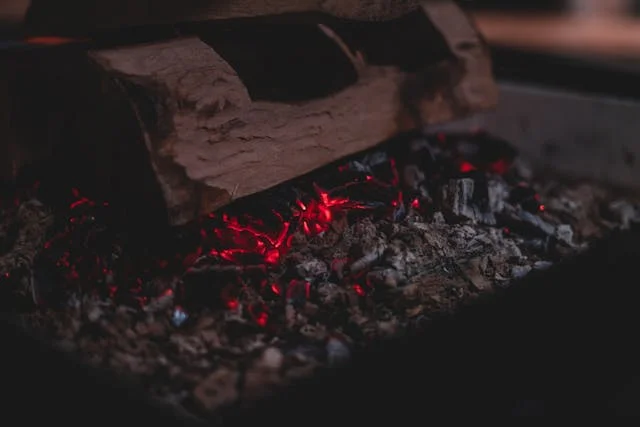When looking for furnace repair, homeowners should first understand the types of fuels they use. Solid fuel comprises coal, pellets, or wood heated in a combustion chamber to generate heat. Oil is a traditional fuel that produces a lot of heat, and electricity is a clean solution for households. This discussion explores in detail the five types of fuels for furnaces.
Natural Gas
Natural gas is among the most convenient and readily available fuels for furnaces. It can be directly channeled to your property through gas piping. Propane achieves high-efficiency ratings during combustion, which can minimize wastage. Natural gas produces fewer pollutants than other fuels, which results in improved air quality and a lower environmental footprint.
Wood and Biomass
This type of fuel is renewable, which makes it a sustainable option for fuel. When wood burns, it releases carbon dioxide gas into the atmosphere. This makes it a carbon-neutral fuel since most of the gas is absorbed by plants. Wood fuel comes in different forms, such as chips, firewood, and compressed wood pellets, with each having varying efficiency ratings. Biomass is a type of renewable energy source derived from animals and plants. Common types include animal manure, dedicated energy crops, household waste, and agricultural residue, which are converted to energy by burning them to produce heat.
Electricity
Electricity is a clean energy option for furnace fuel, which is generated from hydroelectric power, wind, or solar. These are renewable sources that help minimize greenhouse gas emissions. Electric energy can be sourced from the main power grid or batteries. This is a safe, and abundant option for most households.
Coal
Coal has high energy density and produces a lot of heat when burning, making it suitable for use in large furnaces. There are various types of coal, each with its own combustion properties. Coal has high energy ratings and produces large amounts of energy, making it suitable for colder climates. Coal furnaces may accumulate ash and impact their performance. During a furnace repair, your technician may clean the deposits to improve efficiency. Even though this type of fuel is not environmentally friendly, modern coal burning chambers may use technologies that filter emissions to reduce environmental impact.
Liquid Petroleum
Petroleum fuel is common in furnaces in areas where natural gas is unavailable. The fuel is sourced from crude oil and comes in different grades. The liquid petroleum is stored in underground or aboveground tanks and distributed to homes by trucks. It is pumped into the burning chambers where it mixes with air for burning.
Book Furnace Repair Today
Different energy sources have varying energy ratings, environmental impacts and energy efficiency. Traditional sources include coal, liquid petroleum, wood and biomass, while gas, propane, and electricity are modern sources. While coal and oil produce high heat, natural gas and electricity are environmentally friendly. They offer lower emissions and are cleaner options for homes. Your technician may ask you the type of fuel your furnace uses so that they can tailor their service to meet your needs. Book furnace repair service today and experience customized service.
Also Read: Hurliman Heating & Air Conditioning: Your Comprehensive Furnace Care Specialists in Spokane, WA

